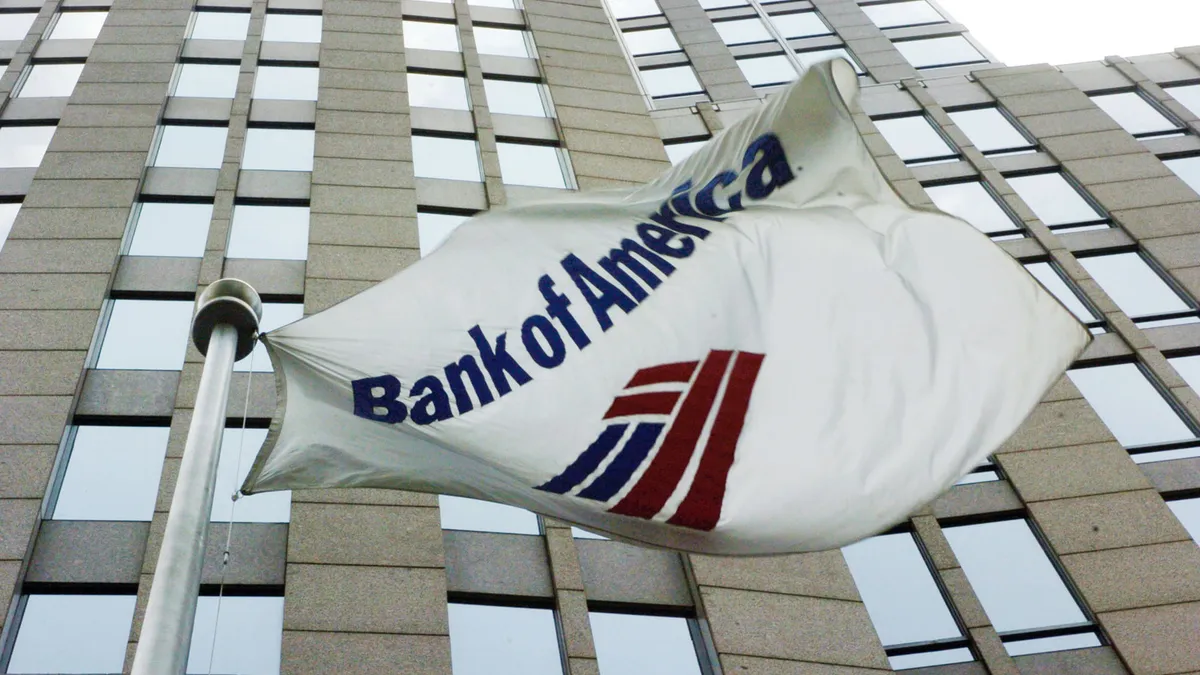After years of delay, Bank of America and the Federal Deposit Insurance Corp. are set to face off Tuesday in federal court over the regulator’s assessment that Bank of America underpaid its deposit insurance obligations to the tune of $1.1 billion.
The FDIC’s lawsuit, originally filed in 2017, claimed at the time that the Charlotte, North Carolina-based lender had underpaid $542 million, inclusive of interest, on its deposit insurance, but “an amended complaint expanded the time frame for underpayments,” Bloomberg Law reported.
All FDIC-insured banks pay into the Deposit Insurance Fund, which the FDIC administers to insure customer deposits up to $250,000 in case a bank fails. The regulator reformed the way large banks calculate their deposit insurance obligations in 2011 by modifying how they need to calculate their exposure to large banks; and in 2017, the FDIC alleged Bank of America underpaid after improperly miscalculating such exposure.
Of the nine banks affected by this rule, Bank of America is the only one that improperly miscalculated its exposure, according to the FDIC’s suit.
“By underreporting its counterparty exposures, Bank of America appeared less risky than it actually was and therefore paid lower quarterly assessments to the FDIC for deposit insurance than it should have,” the agency alleged.
Bank of America, for its part, said the 2011 rule was unclear and that the FDIC violated the Administrative Procedure Act with its rule-writing process, Bloomberg Law reported.
The bank’s motion to dismiss the case in March 2018 was denied. Since then, delays related to COVID-19, among other things, held the case up in court.
Magistrate Judge Moxila Upadhyaya, of the U.S. District Court for the District of Columbia, will hear oral arguments Tuesday on both sides’ motions for summary judgment. Upadhyaya, the third magistrate to oversee the case in its six-year history, is then expected to release a report and recommendations regarding the case in the months that follow.
Judge Emmet Sullivan will issue a final ruling following a review of Upadhyaya’s recommendations.
Bank of America did not return a request for comment by press time. The bank directed Bloomberg Law reporters to its public legal filings.











